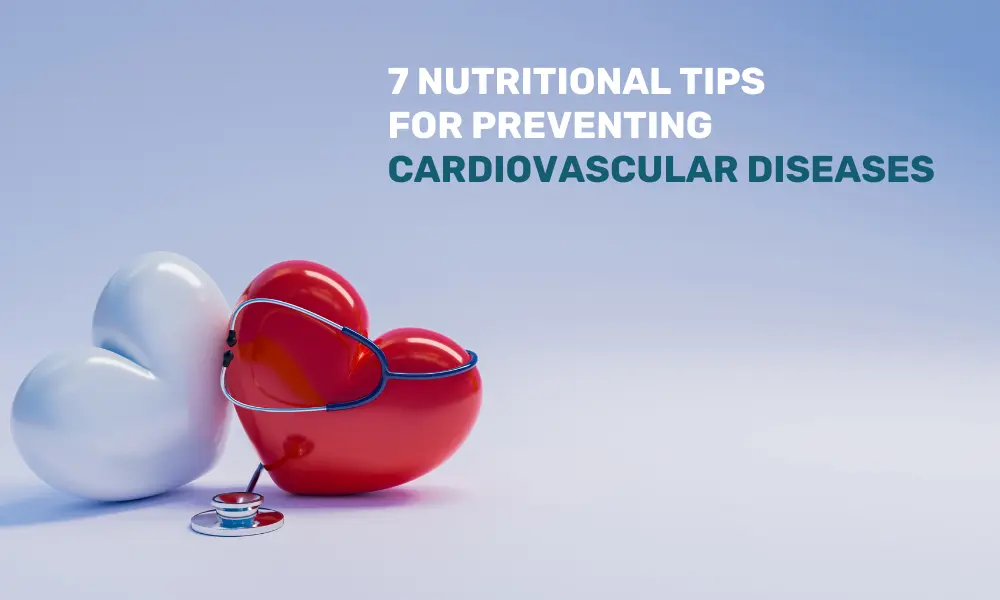Caffeine is probably the most extensively used stimulant in the world today. It is found in beverages like coffee, tea, chocolate drinks, energy drinks, and some medicines. At one point in history, caffeine has supplied much-needed energy and helped to concentrate within people.
However, as most things have both pros and cons, moderation is required in the intensity of consumption levels of caffeine. It must be taken in small amounts, as too much caffeine is linked with a long list of health complaints.
Our in-house expert, Dt. Aparna Pandey, MSC-Nutrition and Dietetics, shares important aspects about caffeine like – why one must monitor the amount of caffeine they consume and how much of it is safe?
Benefits of Caffeine:
There are short-term advantages resulting from taking caffeine, including:
-
Increases alertness and pays more attention: It acts as a stimulant to the central nervous system, so you are awake and pay more attention to things.
-
Improves physical performance: it increases adrenaline levels, thus improving endurance during physical performances.
-
Improves mood: Some studies show that caffeine improves mood and lowers the risk of depression.
Risk of Overuse
Even though moderate intake of caffeine is beneficial, excessive caffeine leads to several health issues, including the following ones:
-
Poor sleep and insomnia: Too much caffeine may interfere with the cycle of sleep. Higher levels might cause bad sleep, whereas higher amounts can eventually result in insomnia.
-
Fast heart rate and anxiety: High doses of caffeine can give one a jittery feeling or make them feel restless with palpitations; most others are more sensitive to these reactions.
-
Addiction and withdrawal: Tolerance to caffeine with chronic use may result in physical dependence, and withdrawal symptoms may include headache, irritability, or fatigue if the intake is reduced or stopped.
-
Gastrointestinal problems: Caffeine is a diuretic; therefore, if not balanced with adequate fluid intake, it may lead to dehydration. In some individuals, it can cause an irritation in the stomach that may cause heartburn or acid reflux.
Safe Caffeine Dosage: How Much is Too Much?
The human body, in most healthy adults, can tolerate a moderate amount of caffeine. The U.S. Food and Drug Administration (FDA) claimed that 400 mg of caffeine per day is a level considered safe for most people. However, the amount may vary based on individual factors like:
-
Adolescents and young people should not exceed an intake of 100 milligrams a day, which is about one cup of coffee or two cans of soda, respectively.
-
Pregnancy Intake in pregnancy should be restricted to 200 milligrams per day since higher levels of caffeine have been associated with increased risks for complications such as miscarriage.
-
Health conditions: Patients with conditions such as hypertension or an anxiety disorder may be advised to reduce their intake of caffeine, or even to shun it completely.
How To Monitor Your Intake:
If you suspect that you are drinking too much caffeine, you should take note of all forms in your diet, not only coffee. Tea, chocolate, soft drinks, and some drugs also contain it. Here are some guidelines for controlling caffeine:
-
Start with gradually lowering your daily amount in order to prevent withdrawal reactions.
-
Replace caffeinated beverages with herbal tea or decaf coffee.
-
Restrict the consumption during the afternoon and evening to ensure quality sleep.
The Bottom line
Caffeine is part and parcel of a healthy diet, but the intake must be moderately limited. Excessive intake may even hamper health in other ways, such as on account of sleep disorders, anxiety and digestive problems. If taken in moderation, you can enjoy many benefits without its drawbacks. The key to balancing is your friend. For customized diet tips, CLICK HERE.





